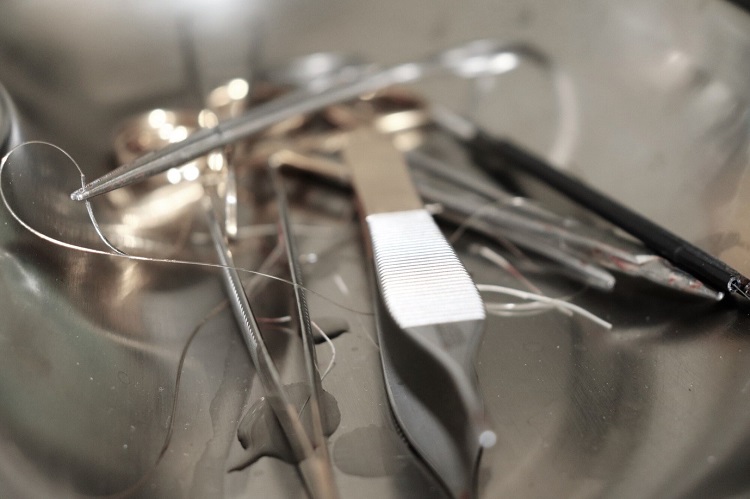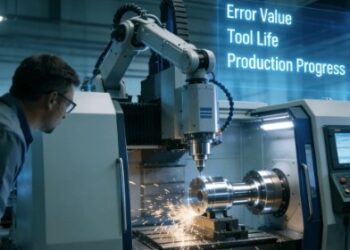Back in the day, general medicine instruments were weird and downright terrifying. Technology has now brought them from the deep end. They are now functional, helpful, and effective.
Are you looking to start your own clinic? It’s essential that you have all the proper medical instruments for general medicine. There are so many things you should have, but we have narrowed it down to help you get a scope of it all. Read on to find out a comprehensive list of what you need.
- Patient Monitors
Patient monitors are some of the most important medical instruments. Medical practitioners use them to track patient vitals during critical or intensive care. These monitors are used for neonatal, pediatric, and adult patients.
In general medicine, monitoring patients involves observing their condition. Doctors observe several medical parameters during intensive care. Monitoring involves measuring vital signs.
These signs include temperature, respiratory, and ECG of the patient. There are many brands of patient monitors out there. Doctors can choose the most suitable for their hospital.
- Defibrillators
Automated external defibrillators are also very common general medicine equipment. They are used to control heart fibrillation. They apply an electric current to the heart or chest wall.
This gives an electric shock and makes the heartbeat normal again. Defibrillators restore the normal rhythm of the heart.
Some of these situations could be a heart attack, cardiac arrhythmias, and tachycardia. They are some of the most essential medical instruments for general medicine. No hospital should operate without one.
- Ventilators
Ventilators ease breathing for patients who are having difficulty doing it themselves. They pass breathable air into the lungs, so patients don’t have to struggle to breathe. These medical equipment are used In emergency situations or in intensive care.
Ventilation systems are some of the most important medical instruments because they play a critical role. It’s imperative that every hospital ensures the ventilator is highly reliable.
It must be safeguarded, and ready for use for patients who need emergency care. Apart from ventilators, there’s a wide array of emergency critical care equipment useful in general medicine.
Some of the most common critical care equipment include aspirators. There are also oxygen canisters, trauma boards, resuscitation bags, and oxygen masks. Depending on your hospital or clinic, you can go the extra mile and get foil blankets and airway suction units.
- Procedure Medical Equipment
Doctors have had to perform minor procedures on patients at one time or the other, like cleaning and dressing wounds. This makes it imperative for every hospital to have various procedure equipment. These include tweezers, cotton wool pads, hypodermic needles, and splinter forceps. Other medical supplies needed for various procedures include tissues, adhesive bandages, and gauze.
- Protective Medical Equipment
Protective medical equipment is incredibly vital in every aspect of general medicine. Every medical practitioner needs to wear protective equipment.
It could be during regular examinations or when carrying out various procedures. Various things like disposable gloves, face masks, and aprons are increasingly vital in a hospital setting.
Some protective medical equipment and supplies have to be disposable. The rest have to be cleaned and sterilized between uses.
Protective eyewear is also important because it stops infections from entering the eyes.
They should also be sterilized after every use. It’s also vital to have a plentiful supply of sanitizers. They should be strategically located in every room where everyone can use them as needed.
- ECG Machine
ECG machines are some of the most useful medical instruments. They help to deter irregular heart activity in patients. Medical practitioners use ECG machines to perform electrocardiograms.
This constitutes measuring the electrical activity of the heartbeat.
The machine then records and prints out the rhythm and helps the doctor spot irregularities. These are incredibly essential pieces of equipment in general medicine.
You see, an irregular heartbeat could be a sign of other underlying health issues. These machines help doctors treat the right diseases. It means that they can refer patients to specialists for further treatment.
- An Autoclave
In any hospital setting, it’s very important to stop the growth of a function and control any spread. This makes the autoclave a must-have piece of medical equipment.
It heats equipment at high pressure and high temperatures. Using an autoclave is by far the most effective sterilization method in the medical industry.
- Diagnostic Medical Instruments
Basic diagnostic equipment needed in general medicine include stethoscopes, otoscopes, and colposcopes. You also need eye charts, thermometers, blood pressure monitors, and blood test kits.
Additionally, practitioners need to have examination tables that suit all patients. This means those with support systems and adjustable heights.
- Specialized Medical Equipment
Depending on the size of your hospital or clinic, you may also need specialized equipment. These include x-ray machines, an ultrasound machine, and life support equipment.
You may not need these pieces of treatment equipment every day. Still, having them means you will be able to diagnose and treat patients efficiently.
- Storage Equipment
With all this general medicine equipment, you need storage. Proper storage equipment will keep everything well organized. Having clearly marked cabinets or shelving is vital for easy access and to avoid mistakes.
It’s imperative to have disposable systems as well. These include things like sharps containers, bins, and chemical disposals. They’ll keep you, your staff, and patients safe.
Proper Medical Equipment for General Medicine
If you’re looking to open your own medical practice, these are some of the most essential general medicine equipment. For a smooth operation and proper diagnosis and treatments. It’s imperative that you have all these medical instruments.
Having procedure equipment is vital for both minor and major procedures. Protective equipment will keep you and your staff safe.
Did you find this article informative?
Would you like to read more valuable and in-depth content? Our website has comprehensive and helpful posts that our readers enjoy and learn from.







